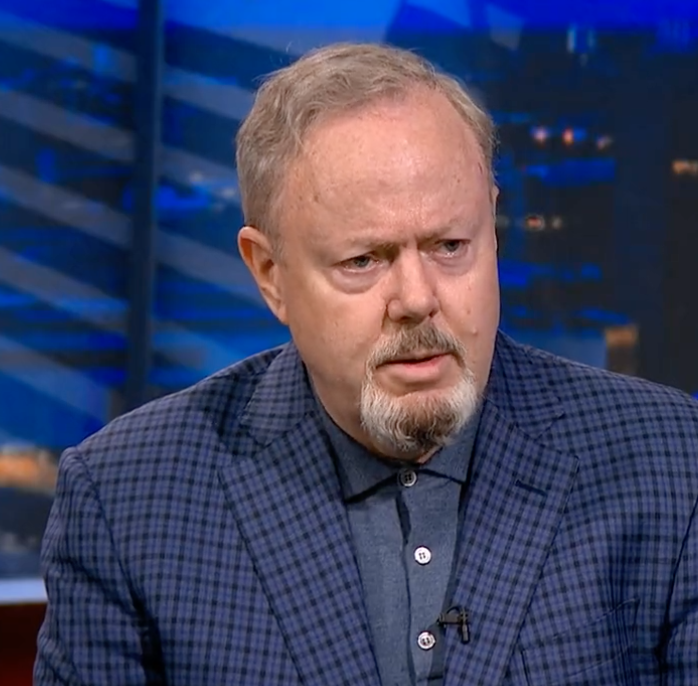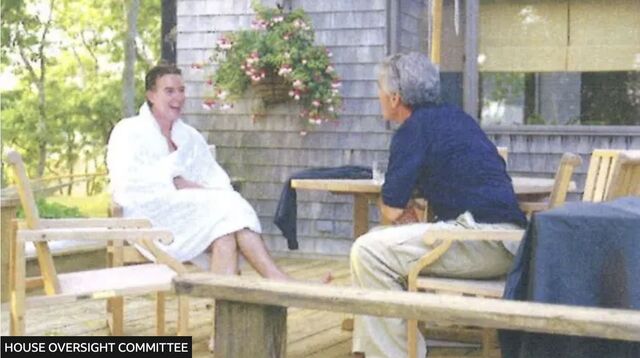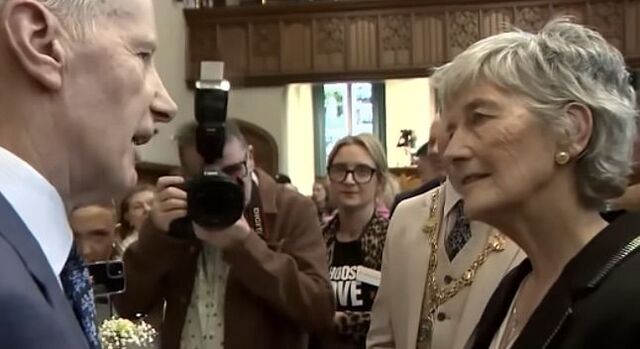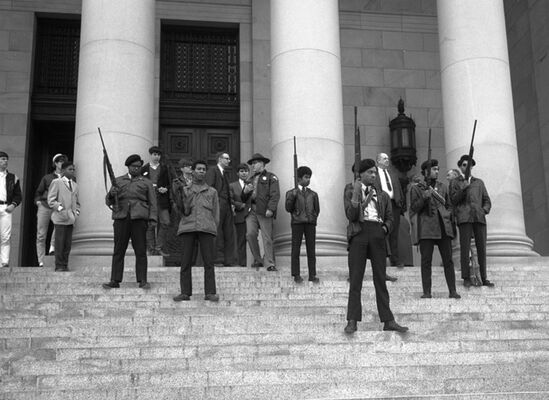POLITICAL unionism has always been an anxious creature. When you’re descended from plantation stock, there’s a tendency to view the world through the opposite of rose-tinted glasses – angry-orange specs? – and regard the natives with suspicion. Even when you and your family have been living in Ireland for hundreds of years, there’s something in your DNA that encourages watchfulness and fears the word ‘change’.
Gauging the health of a political party can involve many factors, but prominent among these must surely be the attitude to non-unionist individuals and groups.
For example, political unionism just can’t stand the Kennedy clan. Never have, never will. Ditto Joe Biden, ditto Bill Clinton. That’s because, by and large, these men are part of Irish-America with sympathies for Irish nationalism. They are also recognised and respected world-stage figures, which makes it even more galling.
More recently political unionism’s glare has been fixed on Professor Colin Harvey, who has written and talked about the Good Friday Agreement and human rights. He has even stressed the need to prepare for a border poll. For this Professor Harvey has been vilified and even threatened. Complaints have been lodged by unionist politicians with his superiors. How dare this man working at Queen’s – Queen’s! – create problems for unionism?
"Demoralise their own base."
— bbctheview (@bbctheview) June 1, 2023
Prof Brendan O'Learly tells @MarkCarruthers7 that he understands why unionists don't engage in the debate on Irish reunification... pic.twitter.com/8jkI2iEV8R
And now there’s another academic, this time from the South but working in America since 2003 at the University of Pennsylvania. He is Professor Brendan O’Leary and he’s been writing on and talking about a ten-years-from-now border poll and the need to prepare for it. It doesn’t matter that he appears to be the mildest-mannered of men. The fact is that he has talked about a border poll, and cites fact and figures to support what he says is enough. As Mark Carruthers pointed out in his TV interview, O’Leary’s words will please a considerable number of people and deeply annoy some other people. O’Leary didn’t reply “I’m Lauder Professor of Political Science, it’s my job," but he said mild words to the same effect.
The fact is, we’re in a period of momentous political change. The proportion of people from a Protestant background in NEI is shrinking, has shrunk to a minority, and the proportion of people from a Catholic background has proportionately grown in a stateen where religious background provides a heavy hint as to how people vote. Call it a sectarian head-count, call it Green v Orange, call it whatever you want, it remains a fact.
Is there anything political unionism can do besides glower, circle the wagons and dig in their heels? After the local elections, the DUP leader Jeffrey Donaldson suggested the need to get out the unionist vote. But I think that one’s been tried a number of times and failed. Then what about constructing a unionist argument based on the benefits of being part of the UK? Mmm. You’d need some serious fairy-dust for that one, when we have post-Brexit UK’s economy a wasteland and the very foundation stone of NEI – a unionist majority – broken beyond repair.
From anxious watchfulness to the brink of despair: political unionism has taken a century-long journey only to find itself in a sad and lonely place where it can’t go back and it can’t go forward. It remains for nationalists to explain to them that the past can’t return but the future can be good – for everyone.






